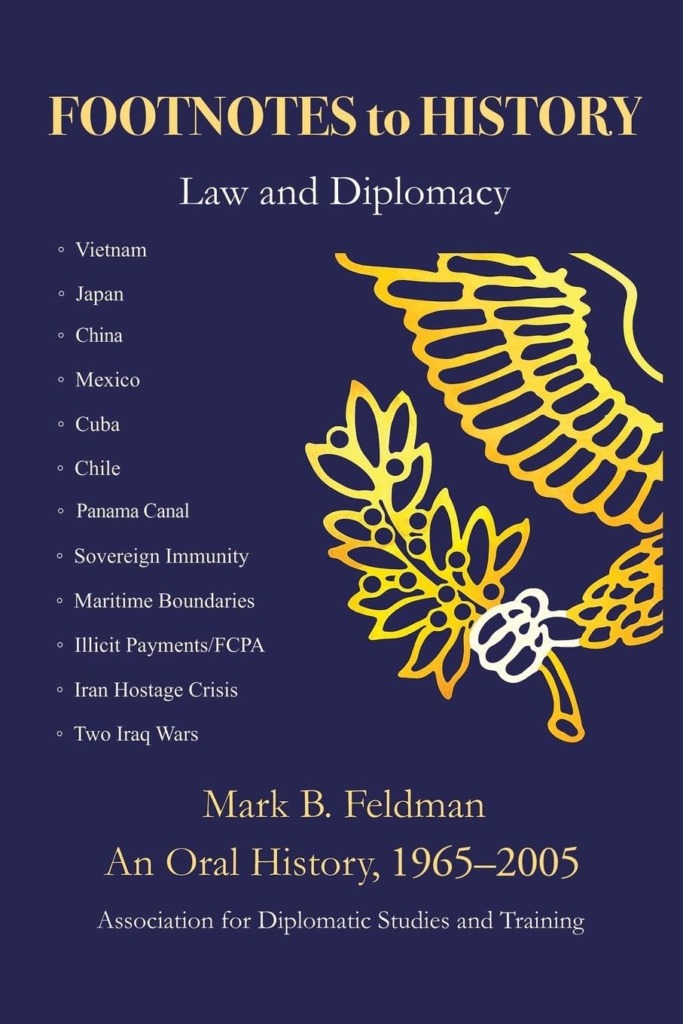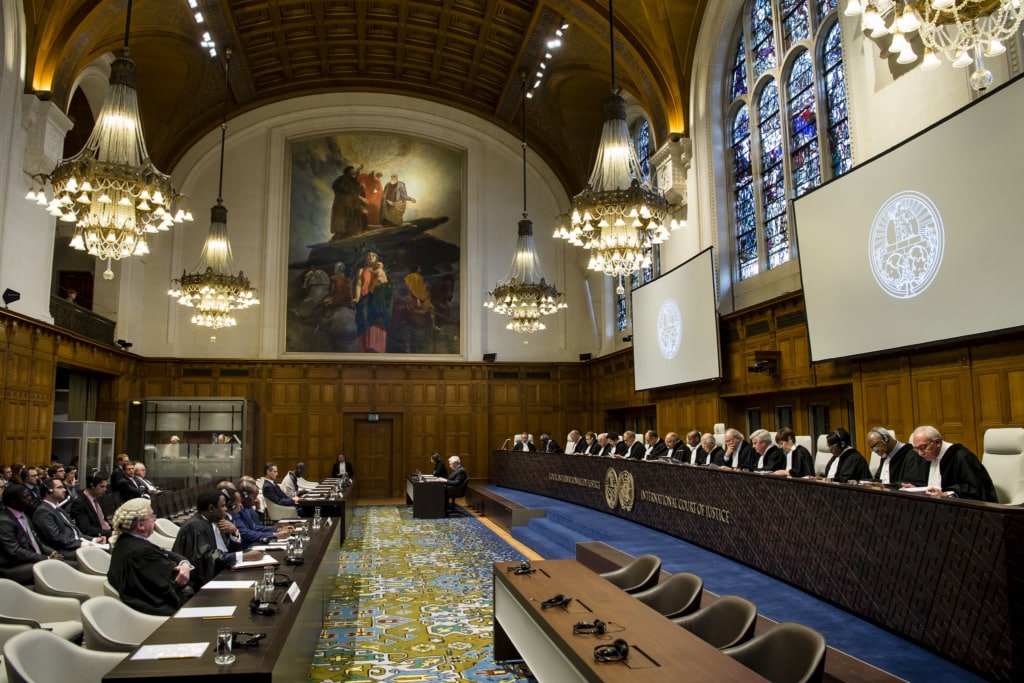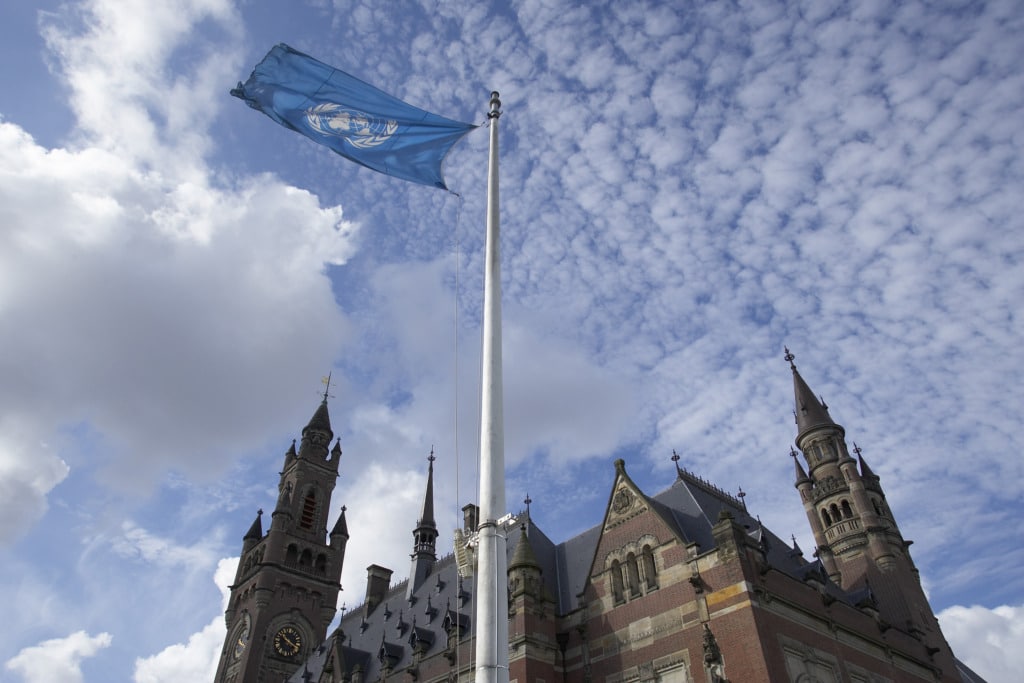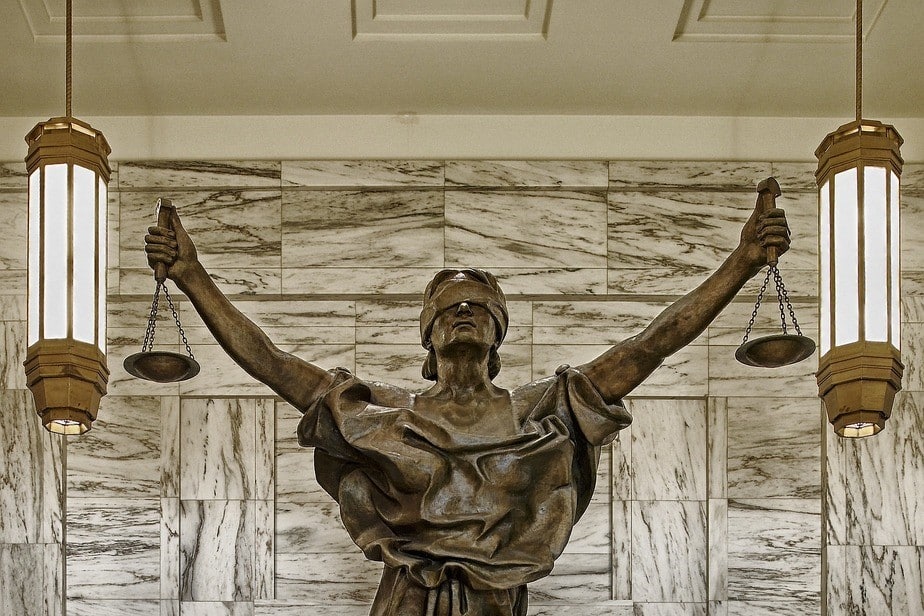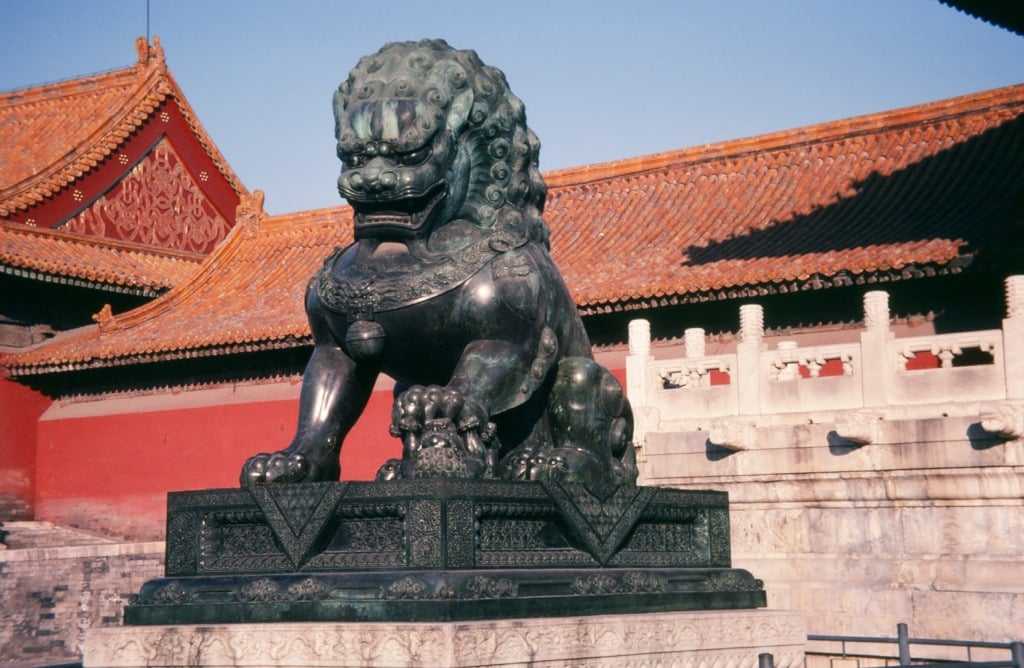Domestic Litigation and Compensation to Ukrainian Victims of Russian Aggression
Many proposals to compensate Ukrainian victims of Russian aggression do not directly involve domestic courts, in part because foreign sovereign immunity poses significant obstacles to such litigation. There are, however, important cases against Russia currently pending in Ukrainian courts. These cases were the subject of a recent session held in Lviv, Ukraine, as part of…
Continue ReadingExecution of Judgments Against the Assets of Foreign Sovereigns Located Abroad
The Foreign Sovereign Immunities Act (FSIA) provides immunity from execution for the “property in the United States of a foreign state.” It does not confer immunity on a foreign state’s property located abroad. The limitation makes sense: to the extent that a foreign sovereign’s property located outside the United States is not subject to the…
Continue ReadingA View of Transnational Litigation from the State Department
I recently had the pleasure of reading Footnotes to History: Law and Diplomacy by TLB contributor Mark Feldman. Mark spent sixteen years (1965-1981) at the U.S. State Department’s Office of the Legal Adviser, where he helped write the Foreign Sovereign Immunities Act (FSIA), the Foreign Corrupt Practices Act, and the Iran Claims Settlement Agreement. The…
Continue ReadingFurther Thoughts About Terrorism Exceptions and State Immunity
As regular readers know, Iran has sued Canada at the International Court of Justice (ICJ), arguing that the terrorism exceptions in Canada’s State Immunities Act (SIA) violate customary international law. The United States also has terrorism exceptions in its Foreign Sovereign Immunities Act (FSIA) for actions against state sponsors of terrorism and for actions based on international terrorism in the…
Continue ReadingFederal Court in Nevada Allows Ethiopia Bribery Claims to Move Forward
In a fascinating decision, the District Court for the District of Nevada (Judge Richard Boulware) recently allowed civil RICO claims to proceed against a Nevada resident based on bribery in Ethiopia, while dismissing claims against Ethiopian government entities under the Foreign Sovereign Immunities Act (FSIA). Fremichael Ghebreyesus v. Federal Democratic Republic of Ethiopia not only…
Continue ReadingGovernmental and Non-Governmental Acts in Terrorism Exceptions to Sovereign Immunity
The Islamic Republic of Iran (“Iran”) brought proceedings in the International Court of Justice (“ICJ”) against Canada on June 27, 2023, alleging that Section 6.1(1) of Canada’s State Immunity Act (SIA), its “terrorism exception,” violates Iran’s sovereign immunities from jurisdiction and enforcement under customary international law. Section 6.1(1) creates an exception to the jurisdictional immunity…
Continue ReadingConstitutional Issues in the Sudan Claims Resolution Act
District courts and the Court of Appeals for the District of Columbia have recently issued opinions addressing constitutional issues in litigation against Sudan. The United States and the Republic of Sudan signed an agreement (the Claims and Dispute Resolution Agreement) designed to improve diplomatic relations between the two countries, to promote democracy in Sudan, and…
Continue ReadingChoice of Law in Terrorism Cases
The U.S. District Court for the District of Columbia (DDC) is routinely called upon to adjudicate civil cases where plaintiffs bring claims against foreign sovereigns on behalf of themselves or relatives who were killed or injured in terrorist attacks overseas. If the plaintiff is neither a U.S. national, a U.S. servicemember, a U.S. government employee,…
Continue ReadingChina Adopts Restrictive Theory of Foreign State Immunity
On September 1, 2023, the Standing Committee of the National People’s Congress promulgated the Foreign State Immunity Law of the People’s Republic of China (FSIL) (English translation here). When the law enters into force on January 1, 2024, China will join those countries—a clear majority—that have adopted the restrictive theory of foreign state immunity. For…
Continue ReadingCassirer on Remand: Considering the Laws of Other Interested States
Claude Cassirer brought suit in federal court in California eighteen years ago against the Thyssen Bornemisza Museum of Madrid, Spain, to recover a painting by Camille Pissarro that was stolen from his grandmother by the Nazis during World War II. After a reversal and remand from the U.S. Supreme Court last summer, the case is…
Continue Reading
